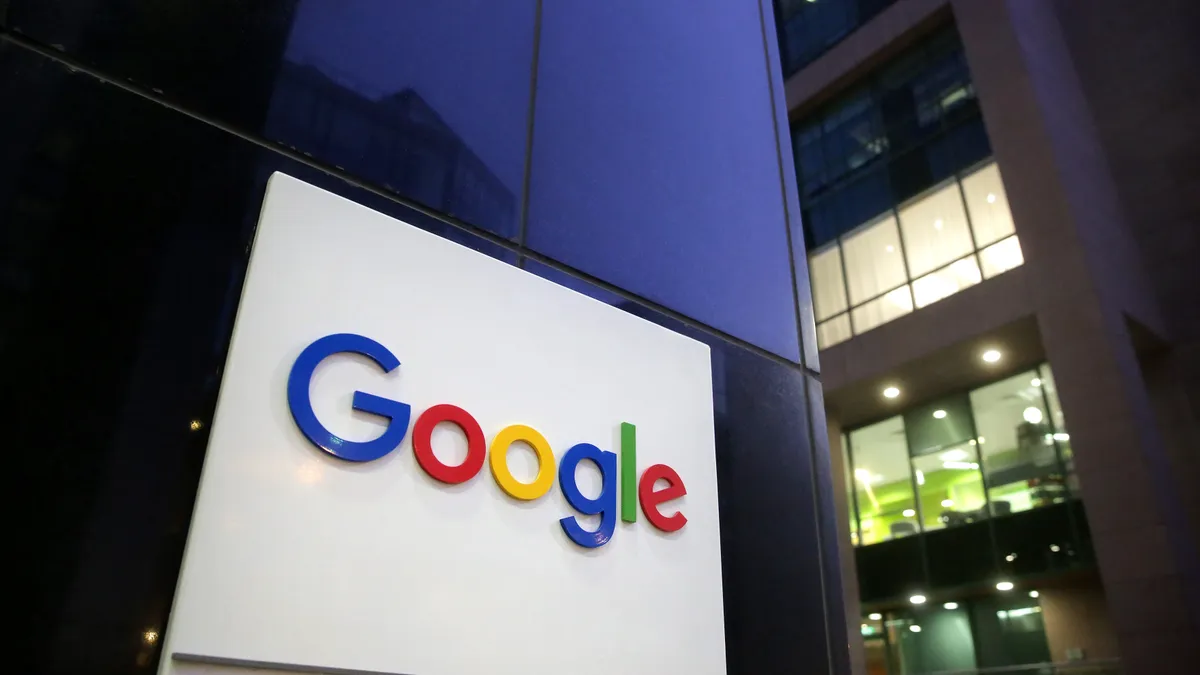Dive Brief:
- Eileen Naughton, Google's vice president of people operations, has stepped down from the position, a Google spokesperson confirmed to HR Dive Feb. 11.
- In a statement provided via email, Naughton said she made the decision so she could return to New York and be closer to family. She added that she would be working with Google CEO Sundar Pichai and Chief Financial Officer Ruth Porat to find a replacement.
- "We're grateful to Eileen for all she's done and look forward to her next chapter at Google," Pichai said in a statement also provided to HR Dive via email.
Dive Insight:
Naughton's departure comes during a spate of C-suite shake ups. Many occurred in response to misconduct by executives, and one of Naughton's chief tasks has been navigating the fallout from sexual misconduct by former executives at Google. That included a global wave of employee protests in late 2018 that brought increased scrutiny of the company's HR practices.
"The most obvious issue at play here is the lingering anger from the past claims of sexual misconduct," James McQuivey, vice president and principal analyst at Forrester, said in a statement to HR Dive. He noted that Naughton worked to address concerns and create mechanisms for reporting misconduct.
But even as individual complainants were being addressed, the company reportedly restricted open venues, like all-hands meetings where asking questions and expressing frustration were previously permitted, McQuivey said. "Forgiveness is harder to secure when the structures whereon trust is built seem to be evaporating."
The backlash has extended to the company's other employment initiatives, particularly its diversity and inclusion goals. A Feb. 11 blog post published by one former Google software engineer said that the company's executives have not matched employee efforts to make Google more inclusive.
The tech giant also has faced criticism of policies and decisions that don't directly deal with employment. Google workers recently protested a number of the company's business decisions, including the decision to remove a popular protest app during the height of the ongoing Hong Kong protests, as well as a contract with the U.S. military. The company ultimately decided to reverse course on these decisions.
"Many of Google employees' recent protest actions focus not on their conditions, treatment, or management, but on the say they want to have about how Google's business practices affect the way they feel when they are not at work," McQuivey said. "They want the company to provide affiliation or a sense of belonging and stand up for what they believe is right."










